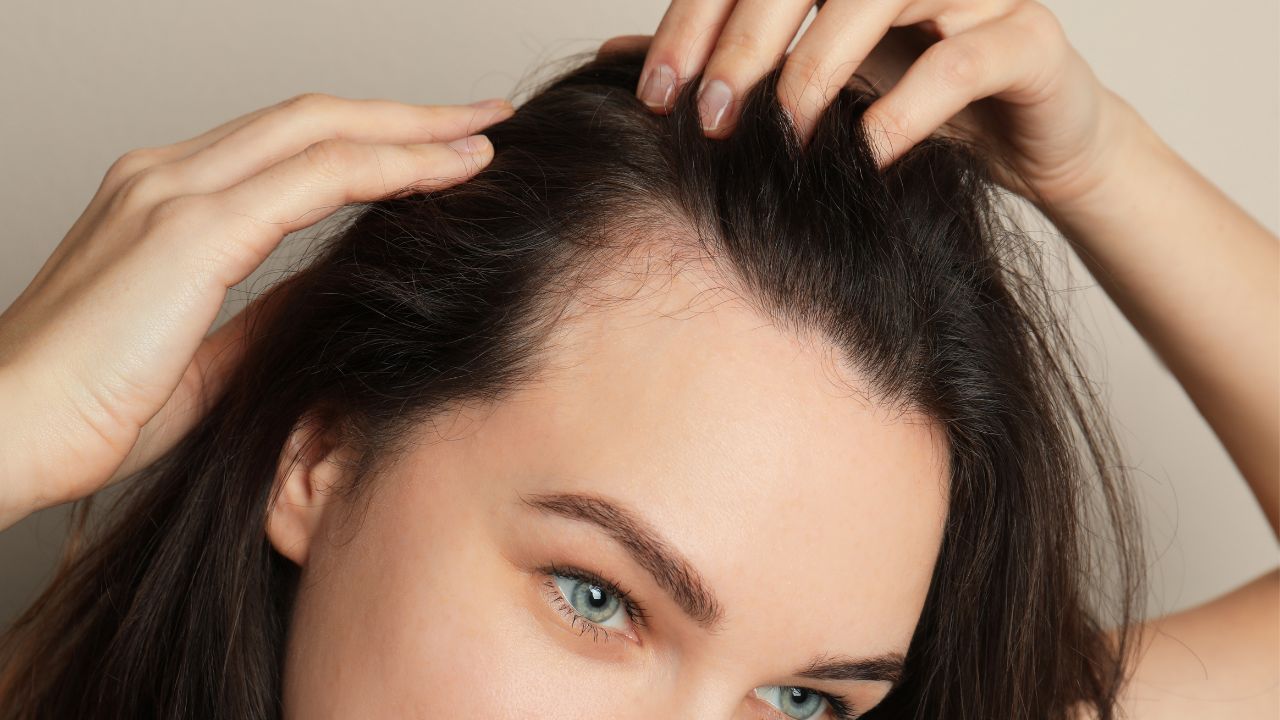"After visiting Dr. Kopelman for my female hair loss, I gained a new perspective. He was able to diagnose the root cause of my hair loss. Dr. Kopelman’s expertise not only offered effective treatment options but also provided a supportive space where I felt heard and comfortable."
— S.G. / New York
Recognizing the early signs of female hair loss is crucial for timely intervention and treatment. Here are some key indicators:


We also offer a variety of non-surgical treatments for female hair loss. Medical treatments like Minoxidil and Finasteride can help slow hair loss and stimulate regrowth. Organic supplements and vitamins also have a role to play. Hormonal therapies may also be effective, especially in postmenopausal women. Low-level laser therapy is another non-invasive option to stimulate hair follicles and enhance hair density. These treatments provide effective alternatives for women not ready or not suitable for surgical interventions.finasteride
At Kopelman Hair Restoration, we recognize how vital it is to feel confident in your appearance. We are dedicated to helping you restore your hair loss. For an appointment, contact our office to schedule your consultation.